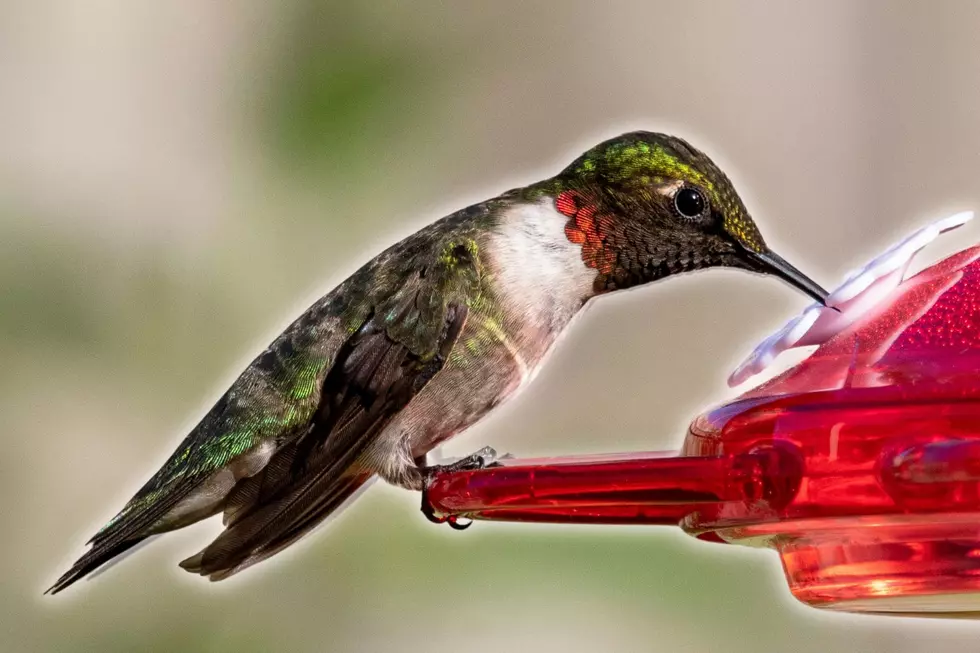
New Space Record Celebrated
CAPE CANAVERAL, Fla. (AP) -- Astronaut Peggy Whitson broke the U.S. record Monday for most time in space and talked up Mars during a congratulatory call from President Donald Trump.
The International Space Station's commander surpassed the record of 534 days, two hours and 48 minutes for most accumulated time in space by an American.
"This is a very special day in the glorious history of American spaceflight," Trump said. His daughter and close adviser, Ivanka Trump, also offered congratulations to Whitson from the Oval Office.
Whitson said it's "a huge honor" to break such a record. "It's an exciting time" as NASA prepares for human expeditions to Mars in the 2030s, included in new legislation signed by Trump last month. She called the space station "a key bridge" between living on Earth and traveling into deep space, and she singled out the station's recycling system that transforms astronauts' urine into drinking water.
"It's really not as bad as it sounds," she assured the president.
"Well, that's good, I'm glad to hear that," he replied. "Better you than me."
Whitson already was the world's most experienced spacewoman and female spacewalker and, at 57, the oldest woman in space. By the time she returns to Earth in September, she'll have logged 666 days in orbit over three flights.
The world record - 879 days - is held by Russian Gennady Padalka. Whitson broke the NASA cumulative record set last year by astronaut Jeffrey Williams; Scott Kelly holds the U.S. record for consecutive days in space - 340.
Whitson is also the first woman to command the space station twice and the only woman to have led NASA's astronaut corps. Behind her was a banner that read: "Congrats Peggy!! New U.S. High-Time Space Ninja." The sign arrived Saturday on the commercial cargo ship, the S.S. John Glenn - barely in time for Monday's celebration.
NASA astronaut Jack Fischer, who arrived at the space station last week and took part in Monday's call, said the space station is "by far the best example of international cooperation."
Whitson told the president that spaceflight takes a lot of time and money, so getting to Mars will require collaboration from other countries to succeed. NASA is building the hardware right now to test a new rocket that will carry astronauts farther from Earth than ever before, she said.
"Well, we want to try and do it during my first term or, at worst, during my second term, so we'll have to speed that up a little bit, OK?" Trump replied.
"We'll do our best," Whitson replied.
The debut of the mega rocket is still more than a year away - at least. The date will depend on whether astronauts are on board for the test flight, which could hoist the new Orion capsule to the vicinity of the moon.
Both Whitson and Fischer raised a hand when Trump asked which one of them was ready to go to Mars.
Joining Trump in the Oval Office was astronaut Kate Rubins, who last summer became the first person in space to perform entire DNA decoding, or sequencing. She said she used a device the size of a cellphone for the job, and noted that such sequencing can detect microbes aboard spacecraft and monitor astronaut health.
"That's fantastic," Trump said. "I've been dealing with politicians so much, I'm so much more impressed with these people, you have no idea."
More From KROC-AM








